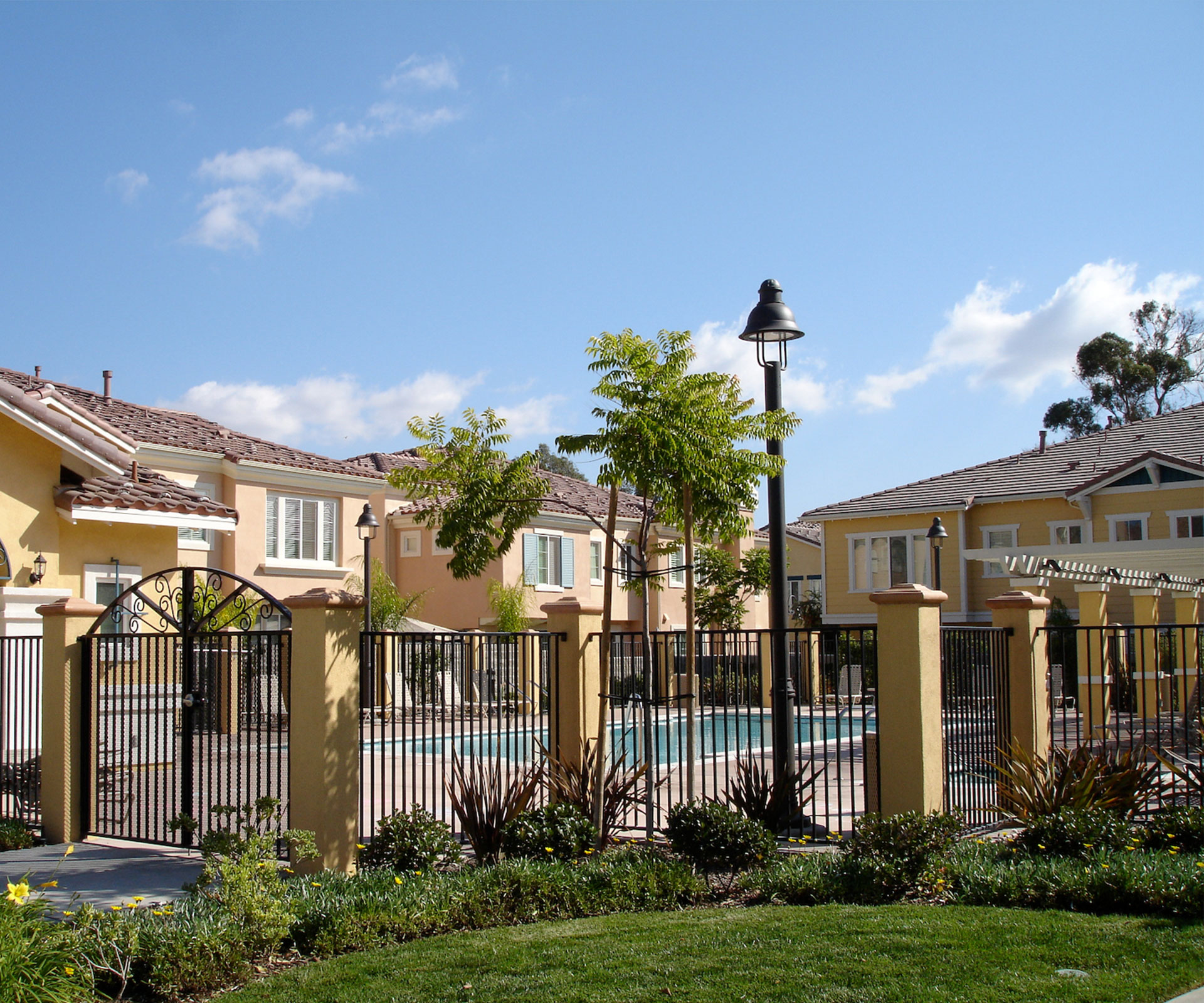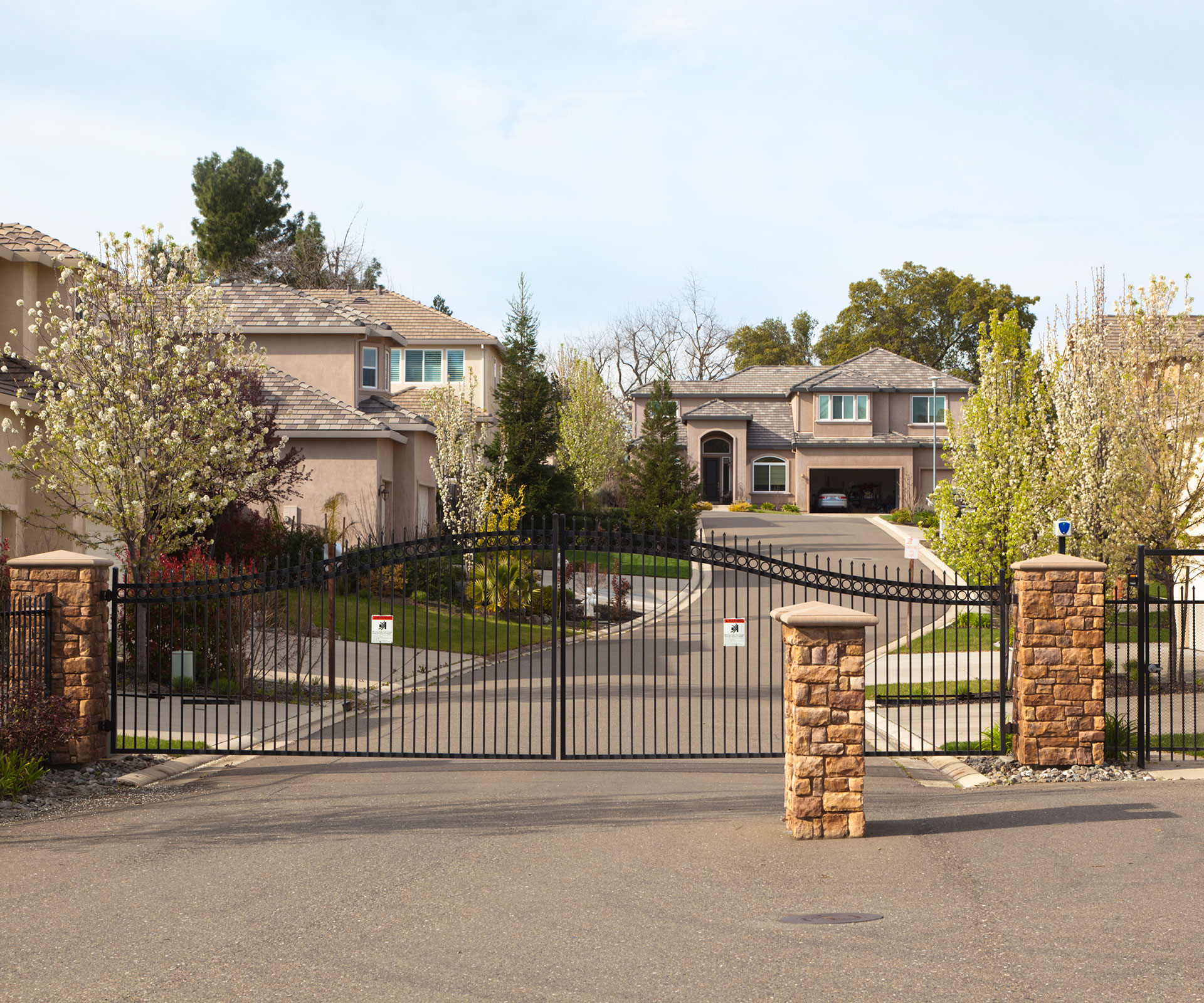Retirement villages are a booming real estate industry, here are the legal points, costs and key things to check if you’re considering making the move
Retirement villages are springing up in new developments all around the country and there’s a reason why. New Zealand’s population is steadily getting older as the proportion of over 65s mushrooms and birth rates fall. Statisticians predict that by 2039 there will be 1.3 million golden oldie Kiwis and many of them will make the decision to sell their family homes and opt for a new lifestyle in a retirement village.
Accommodation specifically geared to the needs of the senior population is becoming increasingly popular as it offers the benefits of security, companionship, no home maintenance hassles and often assisted care facilities. Some villages are fairly basic and others boast a “resort-style” atmosphere.
Legal points to know
Most retirement villages operate on a licence to occupy basis. This means that you do not own your home on a freehold basis, you have just paid for a licence to live in it, not for the building itself.
The Retirement Villages Act 2003 says you must take independent legal advice before signing a licencing contract and it is vital that you get reliable advice on the conditions and terms of the agreement that you fully understand.
Conditions of resale and deferred management fees will vary from village to village and these, in particular, can have serious financial repercussions. You need to be aware of the implications of these clauses and familiar with how they work in practice.
Fees to be aware of
On average, deferred management fees — the amount deducted by the village from the original licence fee when you leave — are around 30 percent. There is no provision made for passing on to you any increase in property values that may have occurred since you signed your licence to occupy.
Most villages also charge a weekly or monthly fee that covers things such as maintenance of grounds, outside maintenance of buildings and things like such as window cleaning, council and water rates, and building insurance. Make a checklist of everything that is covered by the fee, and also what you are responsible for such as power, internet and phone connections, home contents insurance, etc.
It is also important to ascertain the facilities offered at the village that are included in your licence and monthly fee and what involves extra charges, and how much these are. Itemise all this expenditure so you have a very clear idea of what your monthly outgoings will be.
You should also find out what your obligations are regarding paying the monthly fee once you leave — some villages keep charging this or a portion of it until the home is occupied again — and any redecorating costs which may be passed on.

Facilities and services to check
Be aware of what will be charged for on-site hospital care or special services if you need them, and what provisions there are if no appropriate facilities are available on site if your health conditions change.
Visit the village at different times of the day to get a feeling for the atmosphere, activities, involvement of other residents, etc. Is the location close to family and friends, with easy access to shops, etc?
Be aware that villages are generally strict about who you are allowed to have to stay overnight and for how long. Although some allow pets they have the right to terminate permission to have a pet. The Occupation Rights Agreement you sign lists all your rights and responsibilities.

Retirement Villages can be the perfect lifestyle option for over 65s and offer many benefits. For those who are not quite ready to make the move to a village, there are an increasing number of gated communities for over 55s that offer many of the pluses of a village – ground maintenance, security, specially designed apartments, communal living areas – but are not staffed villages with options for organised activities and assisted living.
Properties are offered on a freehold basis, with no licence to occupy, so when you sell there are no terms and you can enjoy any capital gains offered by a changing real estate market. They can provide a perfect interim option for downsizers and retirees.
Words by: Sarah Beresford. Images Via: Getty.
EXPERT PROJECTS

Create the home of your dreams with Shop Your Home and Garden
SHOP NOW













